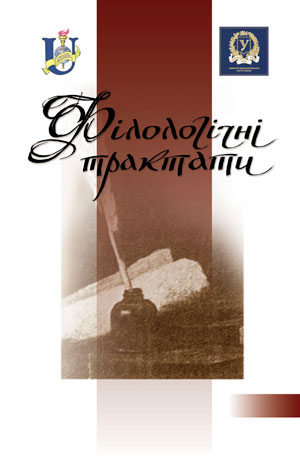LANGUAGE DISCRIMINATION AND POLITICAL CORRECTNESS IN THE GERMAN LANGUAGE
Keywords:
discrimination in language, language policy, political correctness, racism, Sinti and Roma, German languageAbstract
This article is about discrimination in linguistic and political correctness in the language, where words, expressions are used that a certain group of people in different areas, e.g. related to nations, religion, skin color, age, disadvantage or gender, can offend or offend. For almost forty years, political correctness has shaped many languages, taking more and more expressions and replacing them with others that do not sound so offensive, but which are also viewed as censorship and can violate the freedom of the press. This cultural-linguistic, linguistic-historical contribution focuses on aspects that provide insights into the linguistic use of four terms “Sinti”, “Roma”, “Jenische” and “Zigeuner”. The purpose of the analysis is to illustrate the way in which the phenomenon of this minority is expressed in the literary examples and in a political speech. It also shows the historical background that contributed to the fact that the use of the word is different today. Linguistic discrimination is first implicitly prepared in thought and action and then leads to racist verbal utterances. If some terms in classical works were perceived as acceptable, they sound racist today because, after many centuries of use, they are connotatively negatively charged with many historical events. When talking about Roma, Sinti and Yenish, historical external names on the one hand and contemporary self-names on the other hand must be distinguished, whereby the word “Zigeuner” nowadays has to bear the full weight of the tragedy of this largest minority in Europe.Downloads
Published
2022-02-11
How to Cite
Ermolenko, S., & Turchyn, T. . (2022). LANGUAGE DISCRIMINATION AND POLITICAL CORRECTNESS IN THE GERMAN LANGUAGE. Philological Treatises, 13(1), 24–31. Retrieved from https://tractatus.sumdu.edu.ua/index.php/journal/article/view/964
Issue
Section
Articles














